Police and Politicians: The Core Perpetrators of Civic Rights Violations
A report by the Wole Soyinka Centre for Investigative Journalism (WSCIJ) has disclosed that nearly 70% of civic rights infringements in Nigeria are committed by police and politicians, raising concerns about the state of democratic freedoms in the country.
Released in October 2023, the report titled “Journalism & Civic Space” reveals troubling data: the Nigeria Police are responsible for 49% of recorded violations, while politicians account for another 20%. “These figures raise serious concerns about the safeguarding of citizens’ rights and freedoms,” stated Motunrayo Alaka, WSCIJ’s Executive Director.
Join our WhatsApp ChannelPolice and Politicians: Key Agents of Civic Space Violations in Nigeria
The WSCIJ report documents a total of 91 civic space infringements in Nigeria, with the police implicated in 45 cases and politicians in 18. Civic space violations include intimidation, harassment, and restrictions placed on journalists and activists. “Our role is to protect citizens,” a police spokesperson said, “but these reports remind us of the challenges within our system.”
A notable incident involving the police cited in the report occurred on February 26, 2023, during the general election in Abuja. Dayo Aiyetan, Executive Director of the International Centre for Investigative Reporting, was allegedly attacked by political thugs while covering the event. “The attack on Dayo is emblematic of the daily struggles journalists face while doing their job,” said Alaka.
READ ALSO: How Nigeria Can Optimise Gas Infrastructure for Energy Sufficiency – ANOH Gas
Politicians’ Involvement in Civic Infringements
In addition to the police, Nigerian politicians contribute significantly to civic rights violations. Politicians, especially in high-stakes regions, have reportedly targeted journalists and activists to suppress unfavorable coverage. An example involves a Voice of America journalist, Mustapha Batsari, allegedly assaulted by Major General Bello Mohammed Abdullahi (rtd), Niger State’s Commissioner of Homeland Security, at Government House in Minna.
Another incident on April 13, 2023, highlights the constraints on media workers. Reporters from outlets such as Channels TV and The Punch were denied entry to cover a building collapse in Lagos’ Banana Island. “Our job is to report the truth, but access restrictions make it almost impossible,” remarked a Channels TV journalist at the scene.
Escalating Harassment at Civic Events and Polling Units
The report also indicates that 34% of attacks on journalists occurred at polling units. Journalists often face harassment at campaign events or during election coverage. In another incident, journalists were threatened and denied access to a polling center in Lagos, illustrating the ongoing restrictions they face while performing their roles. “The media serves as a voice for the people,” said Alaka. “Silencing it only endangers our democracy.”
Advocating for Press Freedom and Legal Protection
In response to the rising violence against journalists, the WSCIJ report calls for stronger institutional support and legal assistance for media workers. The recommendations include mental health resources, legal aid, and policy reforms to strengthen the protection of journalists. “Journalists are on the frontlines, and they need more than just words—they need action from their organizations,” said Alaka.
The WSCIJ report urges the National Broadcasting Commission (NBC) to maintain impartiality in regulating media outlets and to avoid political bias when sanctioning stations. Additionally, security agencies are encouraged to hold officers accountable for any harassment or violence against journalists.
Rising Concerns About Human Rights and Press Freedoms in Nigeria
The WSCIJ’s findings have highlighted concerns over Nigeria’s civic space. While press freedoms are constitutionally protected, the involvement of the police and politicians in civic space violations suggests a disturbing trend that undermines this right.
“The shrinking civic space is not just a Nigerian issue but a global concern. However, the role of police and politicians here shows a significant lapse in protecting fundamental rights,” Alaka added. “If the authorities do not address these infringements, Nigeria’s democratic space will continue to erode.”
The WSCIJ report ultimately calls for concerted action by government bodies and media organizations alike to uphold press freedoms and protect journalists facing harassment. “This report should serve as a wake-up call,” concluded Alaka. “Nigerians deserve to live in a society where information flows freely and civic rights are respected.”
Emmanuel Ochayi is a journalist. He is a graduate of the University of Lagos, School of first choice and the nations pride. Emmanuel is keen on exploring writing angles in different areas, including Business, climate change, politics, Education, and others.
- Emmanuel Ochayihttps://www.primebusiness.africa/author/ochayi/
- Emmanuel Ochayihttps://www.primebusiness.africa/author/ochayi/
- Emmanuel Ochayihttps://www.primebusiness.africa/author/ochayi/
- Emmanuel Ochayihttps://www.primebusiness.africa/author/ochayi/

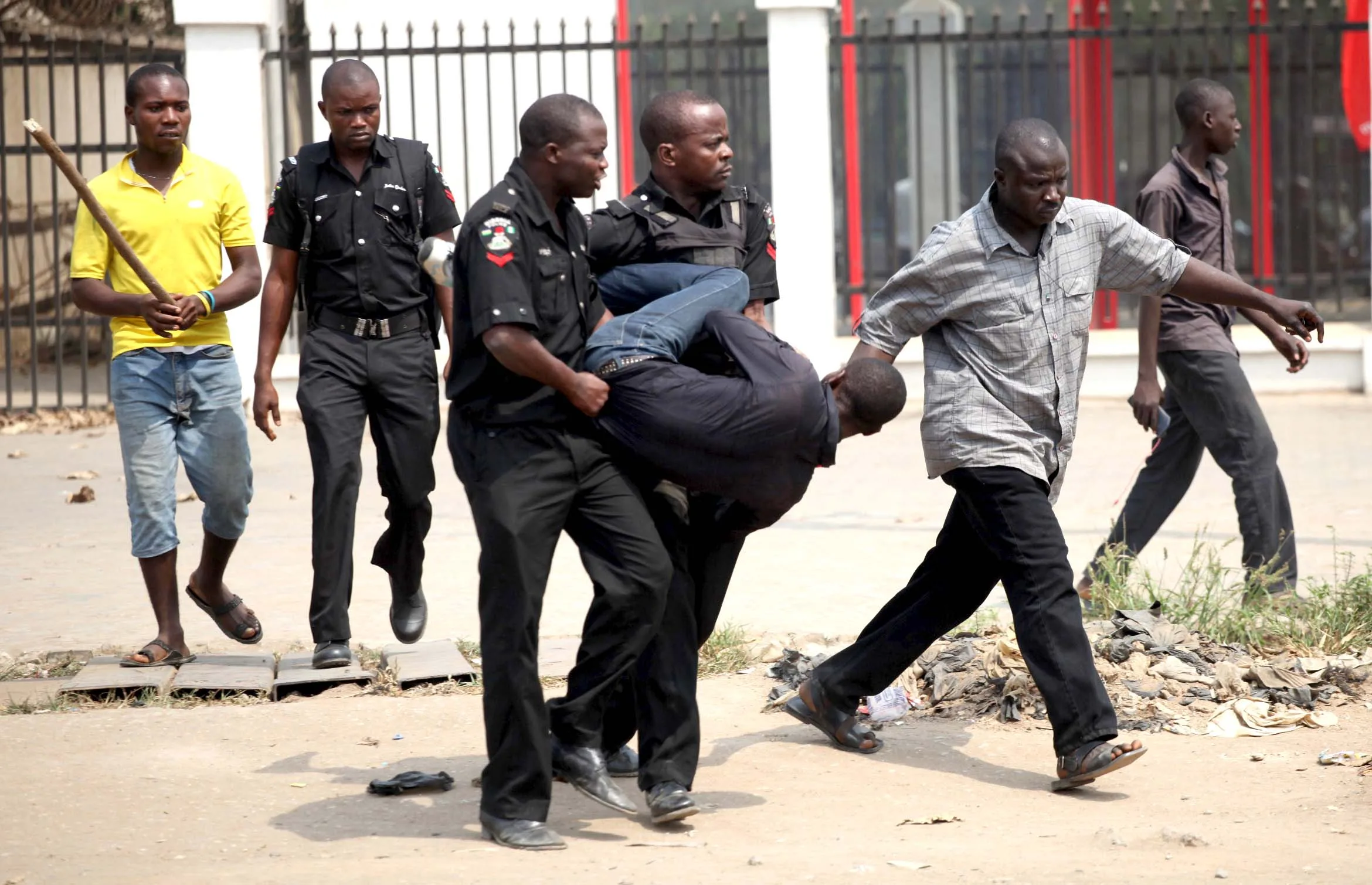



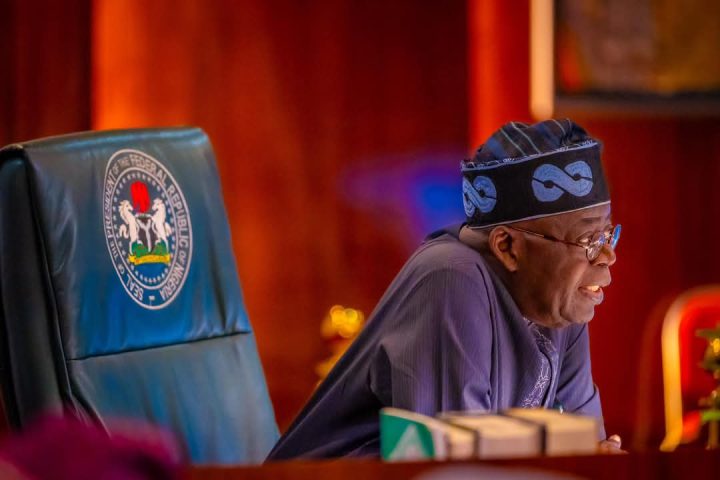
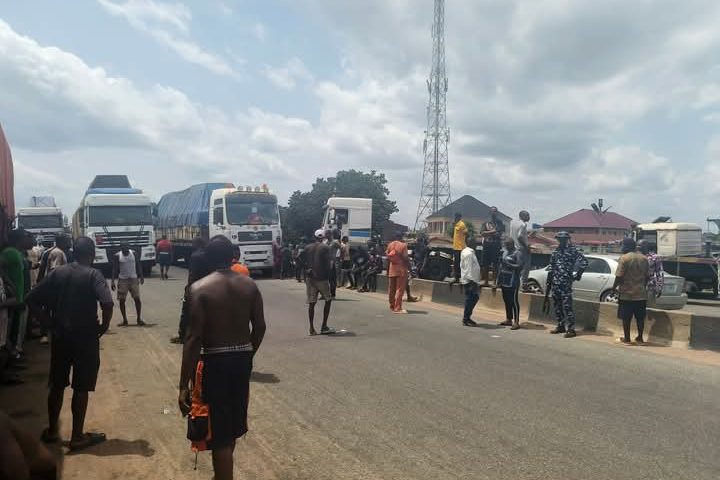
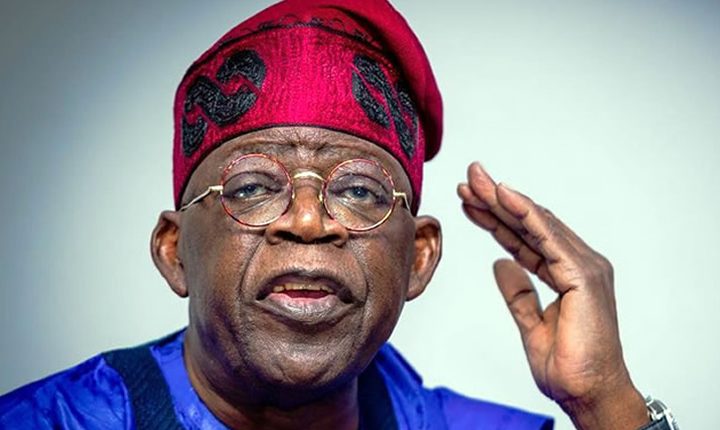








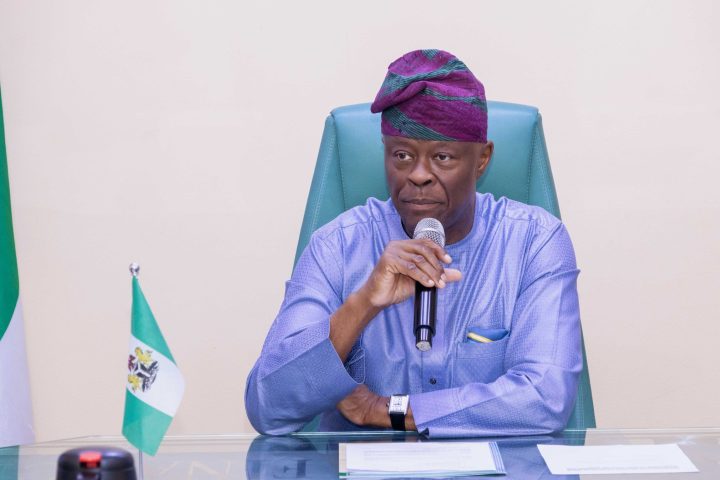
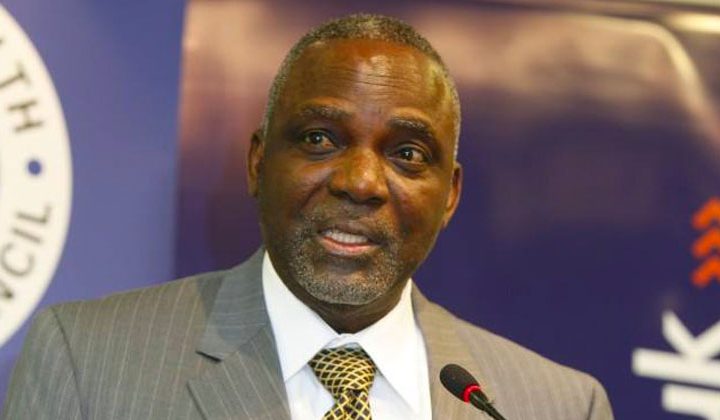

Follow Us